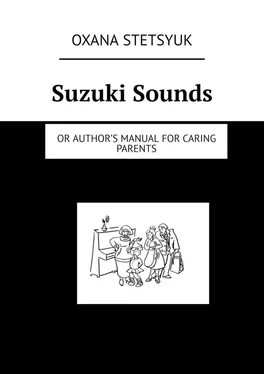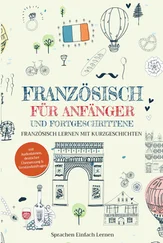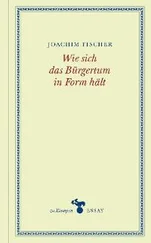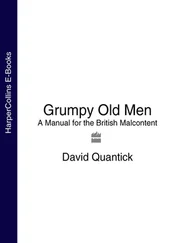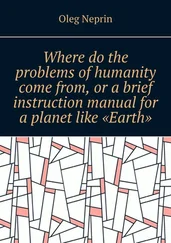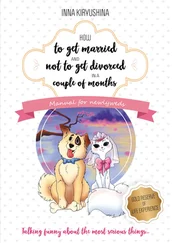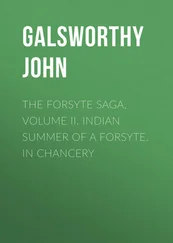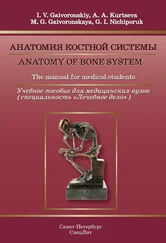Suzuki Sounds
Or author’s manual for caring parents
Oxana Stetsyuk
Illustrator Svetlana Novokshanova
© Oxana Stetsyuk, 2020
ISBN 978-5-0051-3565-0
Created with Ridero smart publishing system
“Man is a son of his environment”
Shinichi Suzuki 1 1 Shinichi Suzuki, “Nurtured by Love: The Classic Approach to Talent Education”, ISBN 0874875846, p 26
Talent is an amazing and marvelous phenomenon. All mothers in the world want their children to become successful! And talent allows you to stand out from the crowd. But to have talent or ability is only part of the Big Prize! And for true success, you still need the right environment and luck. We are all different, and each of us is talented in our own way. Unfortunately, not everyone manages to demonstrate their abilities in life. And throughout their whole life a person can think that they were born without any special abilities.
But Dr. Suzuki found a simple yet brilliant way to expose talent in every child. His method is also called the “Native Language Method”. From a very young age children learn to play musical instruments as naturally as they learn to speak their native language. After all, music is also a language. And all children, sooner or later, learn to speak their mother’s language, no matter how difficult it is. This is facilitated by life itself: the child is surrounded by close people who speak their native language, feels protected, constantly listens and imitates. That’s all!
“Talent is no accident of birth”, “Talent is not inborn, it has to be created” 2 2 Shinichi Suzuki “Nurtured by Love”, p 4
—was these statements are the essence of the wonderful method of the great Japanese teacher-musician. Every child can learn to play musical instruments, just as they can walk, talk and read. It all depends on the people with whom they are surrounded by. And if the child’s abilities were not developed at the most suitable time for this – from 0 to 5 years, then you shouldn’t settle for this for the future. It is necessary to work on yourself and achieve more!
Music is still one of the most proven ways to develop children. This method has not changed! This art is understandable to every person: it inspires people to create poems, novels, paintings and sculptures. Many scientific discoveries that became a breakthrough in the history of mankind would not have happened without musical art! We have heard scientists’ names who were outstanding musicians: chemists Alexander Butlerov and Alexander Borodin, physicists Jacob Frenkel and Max Planck, constructor Lev Termin and many others.
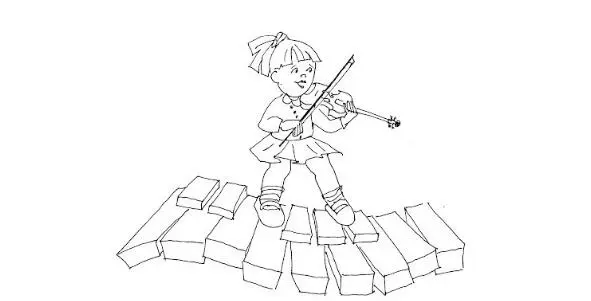
“Music and research in the field of physics are different in origin, but are interconnected by a unity of purpose – the desire to express the unknown.” These words belong to the great scientist and violinist Albert Einstein 3 3 Einstein A. Collected scientific works. M., Science, 1975
. As they say, no comment! Numerous modern scientific studies have proven that playing music seriously affects the human brain. Mathematical abilities and speech are developed, thought processes are activated, and short-term memory and intuition are improved.
All of the above, in addition to standard skills are: the development of hearing and voice, movement coordination and auditory perception. But this “useful” list does not end there. Under the influence of playing music, the psycho-emotional state improves, memory disorders, Alzheimer’s disease, insomnia are treated, and patients are rehabilitated after strokes and craniocerebral injuries. A truly amazing, unique mechanism is right in our hands!
Why then do we so rarely witness positive results in children who diligently attend music schools? And why do many children, having received such an education, do not then touch their instruments, do not play music for their pleasure? Why is teaching children a fine art sometimes becomes not due to, but contrary to? Probably because this system works too selectively and is not intended for everyone. It is great for discovering and nurturing rare natural talents. But now, time and children have changed. And we began to seek for other techniques.
I, as a teacher who has worked in the children’s music school for more than 10 years, am well acquainted with this “offensive” situation for the teacher. And I have also asked myself many questions:
– Why do children get so tired of school so quickly?
– Why do they learn from under the parental “stick”?
– Why do creativity and freedom disappear from music lessons?
I searched and tried various systems in working with children and unexpectedly stumbled upon the technique of Japanese violinist-teacher, Shinichi Suzuki. My soul immediately responded!
The method turned out to be far from new, but it has long been tried and tested in many countries over the world, from the 1950s.
About Suzuki and his method
“A child’s slowness in any subject indicates a deficiency in his environment, educational or otherwise,” 4 4 Shinichi Suzuki “Nurtured by Love”, p 18
-Suzuki argued. The participation of one of the parents in the educational process is mandatory. Without them, the miracle of mastering the native language does not happen! Toddlers under 5 learn mostly from their parents. They don’t need peers, but parents are really needed. If adults are interested, if they are passionate, then the child will be interested. This process brings them together, unites the whole family. This method is not about learning to play an instrument. This method is about communication and exchange of positive energies, support and care for each other. In short: the Suzuki system works perfectly for family cohesion. Families involved in the Suzuki method stand out from the others. I see more positive relations between parents and children, and a lot of progress in development. Because everyone is involved in the learning process. And everyone who is in it is there voluntarily showing interest and participation. Sometimes, I get really upset knowing that I didn’t expose music to my daughter according to the Suzuki method.
I just took her to a music school, to a good teacher, hoping for a result. Unfortunately, I had no other options; I didn’t know anything about the magical method of the great Japanese teacher back then. The result could have been very different…
Dr. Suzuki lived a long and extraordinary life. He was born in Nagoya in 1898, in a big family with twelve children. His father owned a violin factory. The boy spent his whole childhood in there, watching the process and helping his father. However, he had no intentions of becoming a musician. At the age of 17, when he first heard Schubert’s “Ave Maria”, the young man was deeply shocked by the performance of the then-famous violinist Misha Elman, and began to independently learn to play the violin by ear. He worked hard, took private lessons and demonstrated remarkable abilities. At the age of 20, Suzuki went on a world tour with Prince Tokugawa, who convinced the young man and his father to take a course at the Berlin Conservatory.
Shinichi Suzuki lived in Germany for 8 years, studying the art of playing violin with Professor Karl Klinger. At this time, he met Albert Einstein, who was also an amateur violinist. They quite often played music together. During the training, Suzuki became deeply acquainted with the work of Mozart, who then became his favorite composer for life. In 1930, Suzuki returned to Japan with his wife.
Читать дальше
